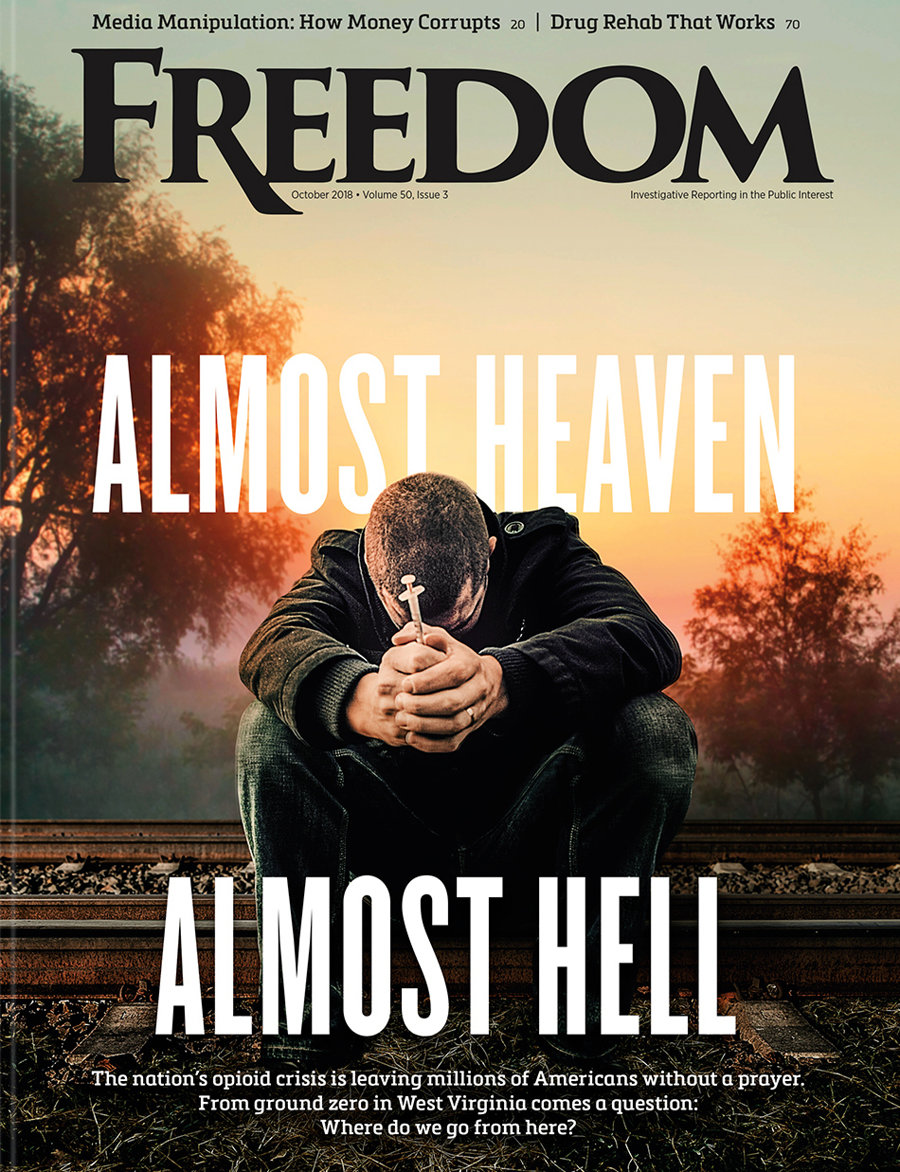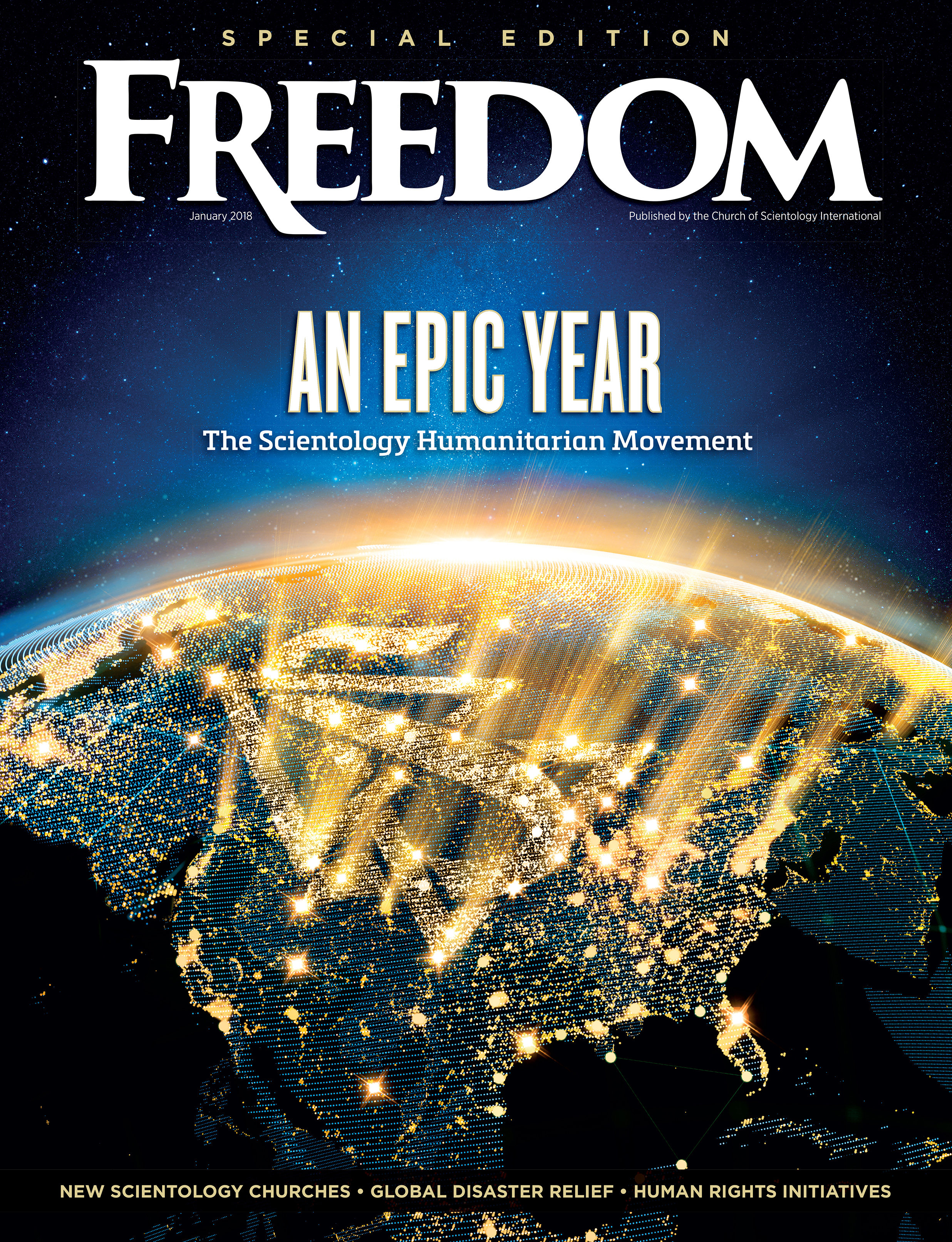The documentary Great White Summer, directed by filmmaker Nick Budabin, captures the unfolding drama from ground level—or, more precisely, sea level. With great white shark sightings and encounters on the rise—including the 2018 death of 26-year-old Arthur Medici boogie boarding just 30 yards from the shore—fear has drained the beaches and fractured the community. What began as murmurs of concern has now erupted into full-blown civic friction: scientists, surfers, parents and policymakers clash over how to live beside a predator that doesn’t care—or, figuratively speaking, give a shark’s fin—about politics, tourism or summer traditions.
“This magical place,” one woman says in the film, “is now going to be experienced with a layer of fear. It robs it of its magic.”
“The issues that come up in Great White Summer are issues that impact people all over the world, especially in coastal communities.”
Set against Cape Cod’s sweeping shoreline, Great White Summer chronicles how a rebounding seal population, protected under the 1972 Marine Mammal Protection Act, has lured a growing number of white sharks closer to human-populated beaches—drawn not by curiosity but by the promise of a high-fat, slow-moving meal. With over 300 tagged sharks—and likely many more untracked—sightings have become routine. So, too, has the anxiety.
Local businesses that depend on beach tourism are feeling the bite. Parents fear letting their kids wade past their knees. And among longtime residents lurks an unspoken question: How much longer can we stay?

Budabin’s film zooms in on these human stories—the raw, contradictory emotions playing out across kitchen tables, town halls, Facebook threads and surf breaks. On one side are scientists like Greg Skomal, a veteran marine biologist whose calm, data-driven assessments emphasize coexistence. On the other are concerned citizens like Heather Doyle, co-founder of the Cape Cod Ocean Community, who insists “doing nothing would ultimately be turning the beaches over to the sharks.”
Doyle’s grassroots organization has rallied for technological interventions such as the “Clever Buoy” system, designed to detect and alert beachgoers when a shark enters a designated zone. “One person saved,” Doyle says, “is worth the work.” But raising $200,000 to fund even a small trial has proven difficult. Her GoFundMe campaign fell short, and summer came anyway.
Great White Summer reached an international audience thanks in part to Scientology Network’s Documentary Showcase, a media platform committed to spotlighting socially impactful films that might otherwise never reach such a wide audience.
Documentary Showcase, part of the Scientology religion’s larger humanitarian mission, provides filmmakers like Budabin with a cost-free opportunity to bring their work to global viewership. With a focus on advocacy, activism and human rights, the platform has elevated documentaries covering environmental threats, community resilience and stories of social change—films that don’t just entertain, but enlighten.
Budabin’s documentary fits squarely in that canon. Great White Summer doesn’t offer easy villains or ready-made answers. Instead, it presents the Cape as it is: beautiful, anxious, fractured and resilient. Through multiple perspectives—fishermen, mothers, scientists, surfers—it captures the uneasy coexistence between tradition and transformation and of apex predators confronting apex privilege.
The only way forward? “You have to find a way to coexist.”
“The issues that come up in Great White Summer are issues that impact people all over the world, especially in coastal communities,” Budabin explains in a post-film interview. “And so to be on a platform like Documentary Showcase that reaches such a wide audience, it’s a really great opportunity for us—for our film.”
Driving much of the film’s conflict is a growing public resentment of seals. Once hunted nearly to extinction, their population has rebounded to tens of thousands, turning parts of the Cape into a buffet line for sharks. Fishermen complain of depleted cod stocks, calling the seals giant “floating rats.” Parents like AJ—an archery hunter and father of two—go further, making a case for seal culls and describing the federal regulations as academic handwringing. “They’re never going to come up with a solution,” says AJ, “because they’d like to study this thing forever.”
Jerry, a craft-shop artisan who tracks sharks with a GoPro and mourns the recent death of his wife, sees beauty where others see menace. “Being an animal lover, I think having this population of sharks come back is a good thing,” he says. “But a lot of people are freaked out and won’t even go in the water anymore. It’s definitely changed things.”
The shark crisis, Jerry suggests, is really a media creation. “In the last hundred years, two people have died from a shark attack in the waters around here,” he explains. “That’s a pretty minimal problem.”
Still, fear is hard to shake. In an era of viral videos and shark-spotter apps, every dorsal fin becomes a headline. Every splash evokes the ghost of Medici. And every parent faces the same impossible question: Let your child surf, or play it safe on shore?
Great White Summer offers no single solution—because there isn’t one. “You’re not going to kill all the seals,” says one character. “You’re not going to kill all the sharks.” The only way forward? “You have to find a way to coexist.”
Doyle, for her part, just wants her children—and everyone else’s—to live in a Cape that’s safe, not paralyzed. “There is zero attention to anything related to human safety,” she says, emphasizing that “there are surely more sharks this year than last year—and then next year, only more.”
If Hollywood’s 1975 thriller Jaws made people afraid to go in the water, Great White Summer makes them ask why they feel entitled to. Is the ocean a shared space or sacred ground? A playground or a hunting ground?
In its final scenes, Budabin’s lens pulls wide again. Jerry sails alone in the sunset. AJ prepares to move. Doyle flies a drone over empty beaches. Dante, a teen surfer who once rode waves with abandon, now treks two hours to Rhode Island for a safe break. And as dusk falls over the Atlantic, the great whites continue their migration—unbothered by beach signage, let alone zoning battles and Facebook debates.
What Great White Summer understands—and what makes it such an essential piece of documentary journalism—is that the shark problem is less a biological riddle than a moral one: What happens when the comeback of one species jeopardizes the comfort, commerce and confidence of another? What do we protect—our ecosystems or our expectations?
The film doesn’t offer a verdict—but it does suggest that our own reactions, instincts and policies are as volatile as the sea itself. After all, in Cape Cod these days, the only thing more unpredictable than nature … is us.






















